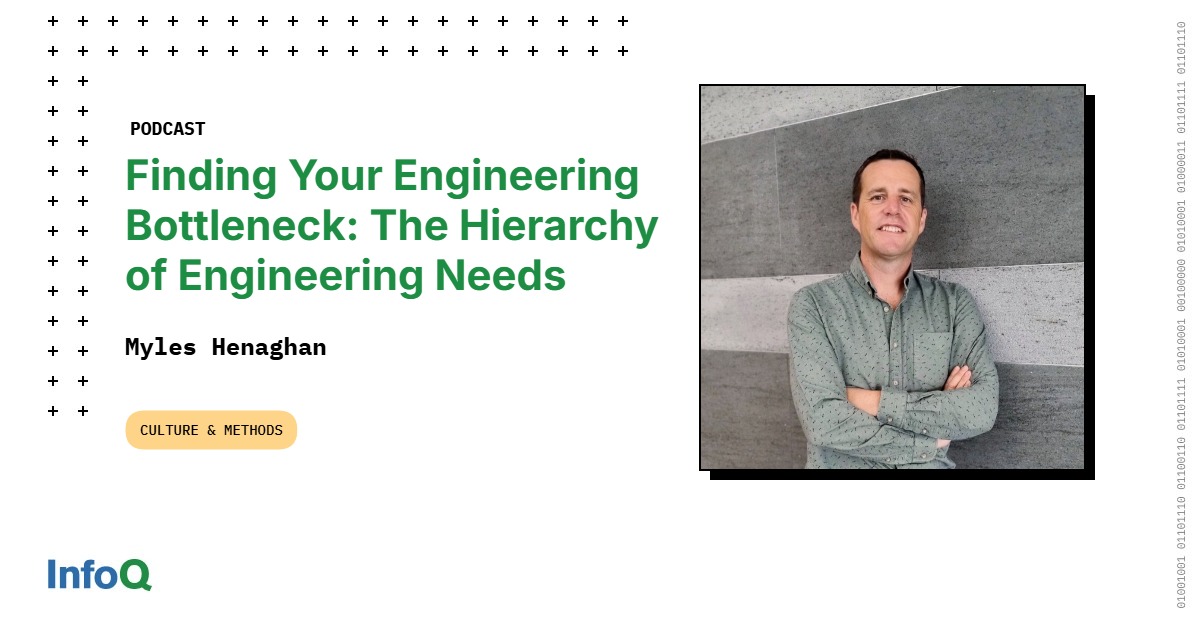By Ling Kong and Michael Shaff
The so-called One Big Beautiful Bill Act (the Act), a legislative package aimed in part at energizing the U.S. innovation economy, is now law. Designed to remove tax barriers and expand access to capital, the Act delivers one of the most consequential updates to startup tax policy in over a decade: a major overhaul of the Qualified Small Business Stock, or QSBS, rules under the Internal Revenue Code.
Long a cornerstone incentive for early-stage investment, the QSBS regime has now been expanded in ways that significantly enhance its value. With a higher capital gains exclusion, shorter holding periods and broader eligibility, these updates may reshape how founders structure their companies, and how investors consider risk and return.
Here’s what’s changed, and why it matters.
A bigger break on small business gains
The most attention-grabbing enhancement is the increase in the QSBS lifetime capital gains exclusion. Previously, investors could each exclude up to $10 million in capital gains from federal tax on qualified stock sales, assuming certain conditions were met. The Act raises that ceiling to $15 million for stock acquired after July 4, 2025. After 2026, the exclusion will be indexed to inflation, creating room for even greater long-term tax savings.
This has the potential to attract more capital into high-growth sectors, particularly from investors with longer time horizons or estate planning objectives
Accelerated liquidity through tiered holding periods

Until now, investors needed to hold QSBS-eligible shares for at least five years to access the full capital gains exclusion. While designed to promote long-term investment, that timeline often clashed with market realities. The Act introduces a tiered schedule, providing earlier access to benefits:
- 50% exclusion after at least 3 years;
- 75% exclusion after at least 4 years; and
- 100% exclusion after at least 5 years.
This structure could catalyze earlier secondary sales and liquidity events, particularly in fast-moving sectors.
Broader eligibility for companies
A key structural shift comes from the expanded eligibility threshold for companies. Where once companies with less than $50 million in gross assets at the time of stock issuance could qualify for QSBS, the Act now raises that threshold to $75 million, opening the door to more mid-stage and even later-stage companies.
This adjustment reflects the modern capital landscape, where many startups — especially in capital-intensive sectors like AI — surpass $50 million in gross assets. The update ensures that more companies can offer QSBS benefits to investors even as they scale.
Strategic implications
These reforms change how startups and investors approach tax planning and capital structure.
Key takeaways include:
- C corp momentum: QSBS applies only to domestic C corporations in qualified trades and businesses. That’s a powerful incentive to avoid or convert out of pass-through structures like LLCs or S corps, which are ineligible under QSBS.
- Liquidity optionality: The new holding period tiers allow investors to benefit without waiting five years, which may lead to more active secondary markets and earlier portfolio exits.
- Estate planning leverage: The strategy of “trust stacking” — using multiple trusts to multiply the QSBS exclusion — remains viable. With the higher exclusion cap, there’s even more opportunity for sophisticated estate planning to amplify tax benefits.
- Appeal beyond seed stage: QSBS is no longer limited to the earliest-stage companies. Growth equity investors, crossover funds and family offices can now more realistically model QSBS-related savings into their investment theses.
Industry exclusions still apply
Not every company qualifies. The IRS continues to exclude businesses engaged in:
- Professional services (e.g., law, consulting, accounting)
- Financial services and certain real estate
- Hospitality and food service
- Oil, gas and mineral extraction
In addition, only U.S.-based C corps are eligible. Foreign entities and pass-through structures are explicitly excluded.
A tipping point for startup tax policy
The QSBS updates in the Act reflect an effort by lawmakers to align tax incentives with the realities of today’s entrepreneurial ecosystem. As valuations rise and capital formation becomes more complex, these reforms give founders and investors meaningful tools to preserve more value.
While their full effect may take time to materialize, these changes are likely to influence how companies are structured, how deals are priced, and how exits are timed. For startup veterans and newcomers alike, one thing is clear: the tax code just tilted in your favor.
Ling Kong is a partner at Michelman & Robinson, LLP, a national law firm with offices in New York City, Los Angeles, Irvine, San Francisco, Dallas, Houston and Chicago. He has extensive experience advising emerging growth technology companies and investors, particularly those in the software, life sciences, and consumer and retail technology sectors.
Michael Shaff, of counsel at Michelman & Robinson, is certified as a taxation law specialist by the California State Bar, Board of Legal Specialization. His work spans tax planning, structuring and compliance, with a focus on helping businesses and investment entities navigate evolving regulatory landscapes.
Illustration: Dom Guzman

Stay up to date with recent funding rounds, acquisitions, and more with the
Crunchbase Daily.








